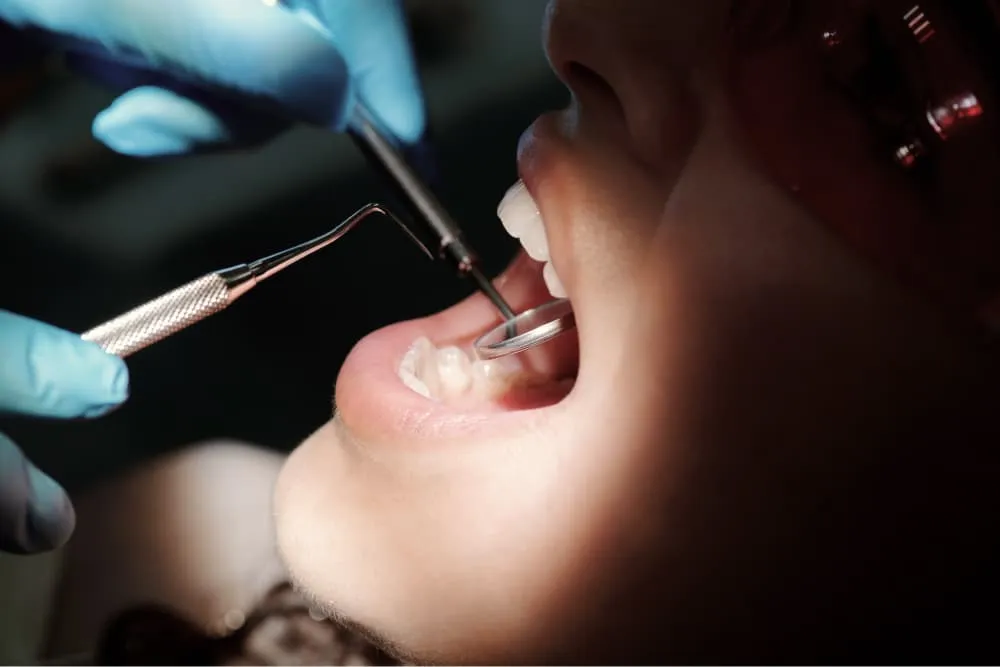The link between bulimia and cancer
So, can bulimia cause cancer? Findings from research on different types of cancers and eating disorders have been mixed. While certain cancers seem to have no correlation with eating disorders, some had an increased risk when an eating disorder was present. (1)
Studies found no connection between eating disorders and breast cancer, female genital cancer, and skin cancer. In fact, several studies found a decreased risk for breast cancer in participants who had eating disorders. (1) But risk was increased for cervical cancer, liver cancer, brain cancer, lung cancer, and throat cancer.
Although more research is needed to explore the correlation further, there seems to be a connection between cancer and tissues directly affected by eating disorder behaviors.
What are the risks for cancer caused by bulimia?
Cancer occurs in tissues that are repeatedly subject to inflammation. In bulimia, stomach acids from repeated vomiting damage esophagus (throat) tissue and cause inflammation. Nutritional deficiencies have also been found to be associated with esophagus cancer. (2)
In addition, people with anorexia are six times more likely to have throat cancer. (4) Scientists believe this connection was due to alcohol consumption and smoking, compounded by nutritional deficiency, not the act of binging.
In addition, researchers found an increased risk of lung cancer among those with bulimia.
You might be interested in
How to reduce your risk of cancer
Like eating disorders, there are many types of cancer with many risk factors. There are all kinds of treatments and remedies out there that boast they can prevent or cure cancer. But taking good care of your whole health and practicing good habits may reduce your risk of cancer.
Some things you can do include:
- Getting enough sleep each night
- Drinking enough water every day
- Eating a variety of foods
- Engaging in physical activity every day
- Managing stress
- Taking care of your mental health
- Connecting to your spirituality
- Limiting alcohol intake
- Not smoking
One study explored several different therapies that can play a role in preventing cancer. These have also been found effective in treating eating disorders, too. They include: (3)
- Nutritional therapy
- Herbal therapy
- Sporting activities
- Art therapy
- Music therapy
- Dance therapy
- Imagery
- Acupuncture
When to seek treatment
If you’re experiencing any unusual changes in your health and suspect you may have an eating disorder, as with any illness, the sooner you seek treatment, the better. With most cancers or eating disorders, chances of recovery increase the earlier you get help.
Within Health is here to help when you’re ready. Contact us today to learn more about our first steps for treating bulimia nervosa.

































